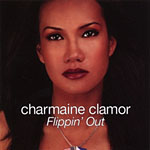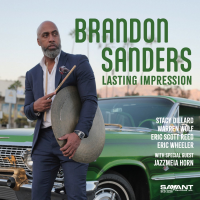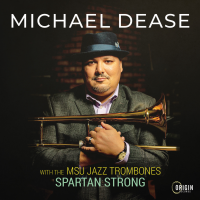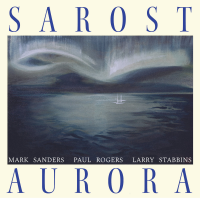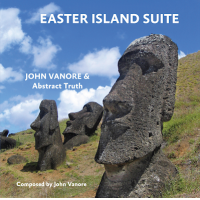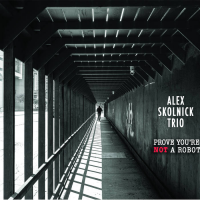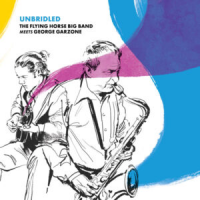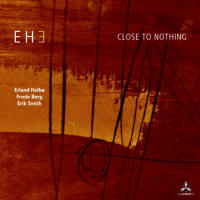Home » Jazz Articles » Album Review » Terry Gibbs: Terry Gibbs Quartet Featuring Terry Pollard
Terry Gibbs: Terry Gibbs Quartet Featuring Terry Pollard
Gibbs' musical roots are more in the swing era than in bebop, and what's missing in harmonic sophistication and rhythmic complexity is more than compensated for by the unrelenting pace and visceral impact of the music. Frequently, Gibbs can be heard in the background shouting directions to the band or encouragement to his pianist. And when he moves to the piano keyboard himself for some two-fingered heated hammering, you practically want to offer him a towel.
The pianist is the obscure and little-recorded but extraordinarily talented Detroit musician, Terry Pollard, the first of three female pianists in a succession in Gibbs quartets throughout the 1950s and early 1960s. Her place would be taken by the still-active Pat Moran (now Patti Moran McCoy), whose chair would be filled in the 1960s by Alice McCleod (who would become Alice Coltrane). Without a doubt, Pollard swings the hardest, practically matching Gibbs with the percussive incisiveness of her attack, the relentless energy and drive of her phrasing, the climactic construction of her solos, and her facility for serendipitous musical quotes while in the heat of action.
Alice McCleod was the most fluent yet least swinging of the three, while Pat Moran (who once had a piano trio with bassist Scott LaFaro) falls somewhere in between, reflecting the "grooving" feel of a Red Garland or Gene Harris. On this first album, Gibbs also has a rhythm section willing to sacrifice and do whatever it takes for a collective swinging result: bassist Herman Wright, a cousin to jazz bassist Eugene Wright, and Nils—Bertil Dahlander (Bert Dale), an eccentric Swede who plays as though swing were the only thing.
Sadly, most of the albums by all three groups have never been reissued but are well worth hunting down on LP. This first session is the freshest, most vibrant and best-recorded by the quartet, with Gibbs' vibes sounding especially full and present. Still, the recording is worth listening to if only for Pollard, a major player who was inexplicably overlooked at the same time that pianists Marian McPartland, Barbara Carroll and Toshiko Akiyoshi were receiving considerable attention from both the jazz press and major labels.
Track Listing
Seven Come Eleven; Lonely Dreams; Dickie's Dream; Imagination; King City Stomp; Pretty Face; The Continental; Bless My Soles; Nutty Notes.
Personnel
Terry Gibbs
vibraphoneTerry Gibbs: vibes; Terry Pollard: piano; Herman Wright: bass; Nils-Bertil Dahlander: drums.
Album information
Title: Terry Gibbs Quartet Featuring Terry Pollard | Year Released: 2007 | Record Label: Fresh Sound New Talent
Tags
PREVIOUS / NEXT
Support All About Jazz
 All About Jazz has been a pillar of jazz since 1995, championing it as an art form and, more importantly, supporting the musicians who make it. Our enduring commitment has made "AAJ" one of the most culturally important websites of its kind, read by hundreds of thousands of fans, musicians and industry figures every month.
All About Jazz has been a pillar of jazz since 1995, championing it as an art form and, more importantly, supporting the musicians who make it. Our enduring commitment has made "AAJ" one of the most culturally important websites of its kind, read by hundreds of thousands of fans, musicians and industry figures every month.




